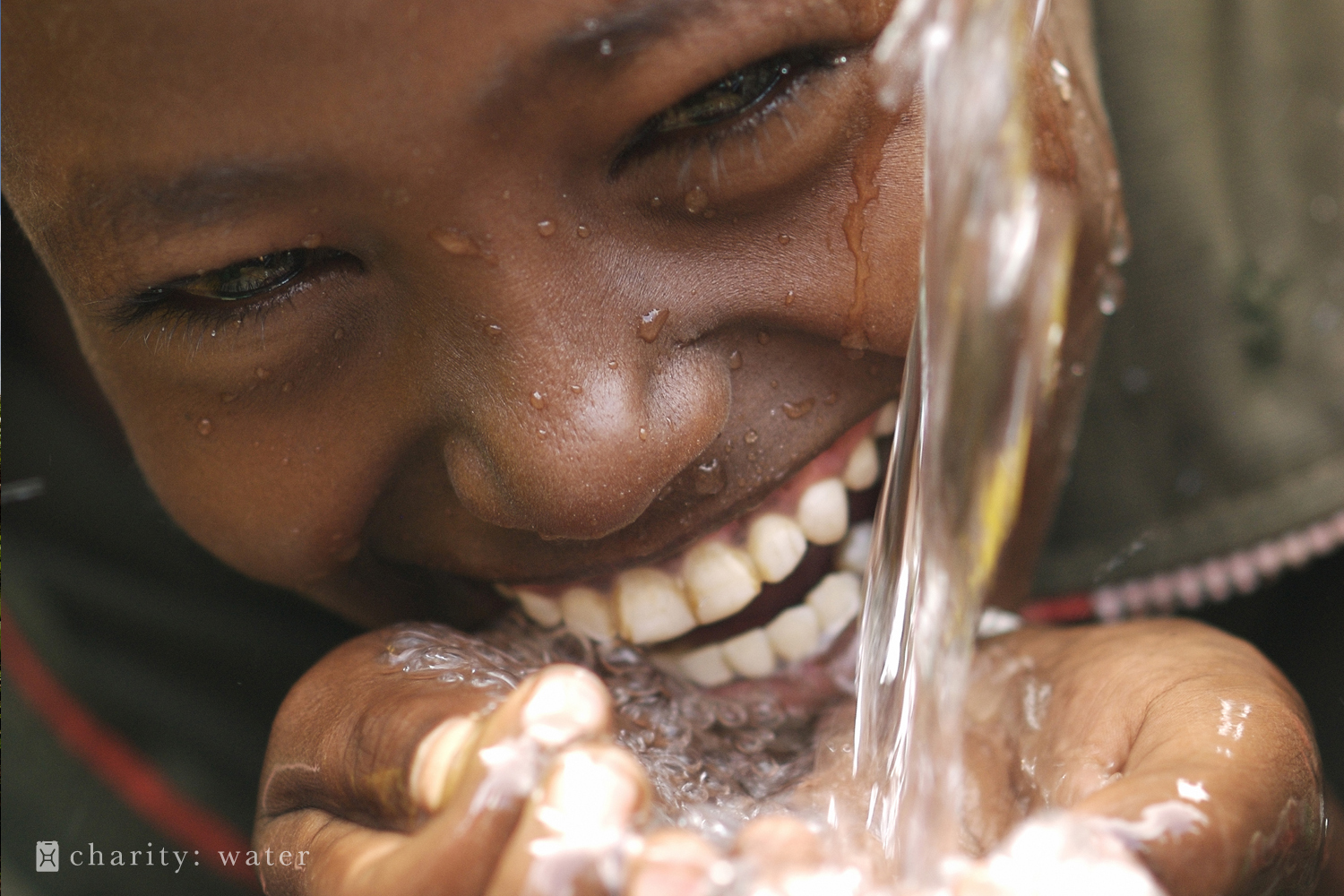Information Wright State University of Medicine in the United States, notes that the body of an adult contains 60% of water on average. Most of this fluid is contained within the cells that perform vital functions in your body.
The total amount of water is found mainly in the cells (two thirds of the water), in the space between the cells and in the blood (one third of the water).
For example, in a 70kg man there are approximately 42 liters, “says an article published in The American Journal of Clinical Nutrition.
All vital organs contain water: brain, lungs, heart, liver and kidneys are composed of 65% to 85%, while bones contain less about 31%.
5 vital functions of water
We usually take care of what we eat and we usually forget what we drink even though drinking water has significant functions in the body.
- Regulates body temperature. The water allows the body to release heat when the ambient temperature is cold. While you feel heat, the water evaporates and sweat appears to cool the body.
- It transports nutrients. This vital liquid participates in the biochemical decomposition of the food we eat and allows nutrients (minerals, vitamins and glucose) to reach the cells.
- A large percentage of the blood is made up of water. Blood plasma is composed of 91.5% water. This comprises 55% of the blood volume.
- Help eliminate toxins. Through the water waste products are eliminated, including toxins that the cells of the organs reject. These are expelled through urine and feces.
- It helps to lubricate the joints. This vital liquid is an effective lubricant for the joints. It also acts as a buffer for the eyes, brain, spinal cord and even for the fetus through amniotic fluid.
In addition, water allows most of the body’s chemical reactions to take place and is vital to carry out natural processes such as breathing, sweating, urinating or defecating. Hence the need to drink it naturally.
Drinking water simply must be the first choice of hydration and avoid the added sugar.
The water requirements depend on individual individual factors such as age, physical activity, environment, climate, physiological state.
The general recommendation is to drink one millilitre of water for one calorie consumed, that is, one liter of water per thousand calories.














